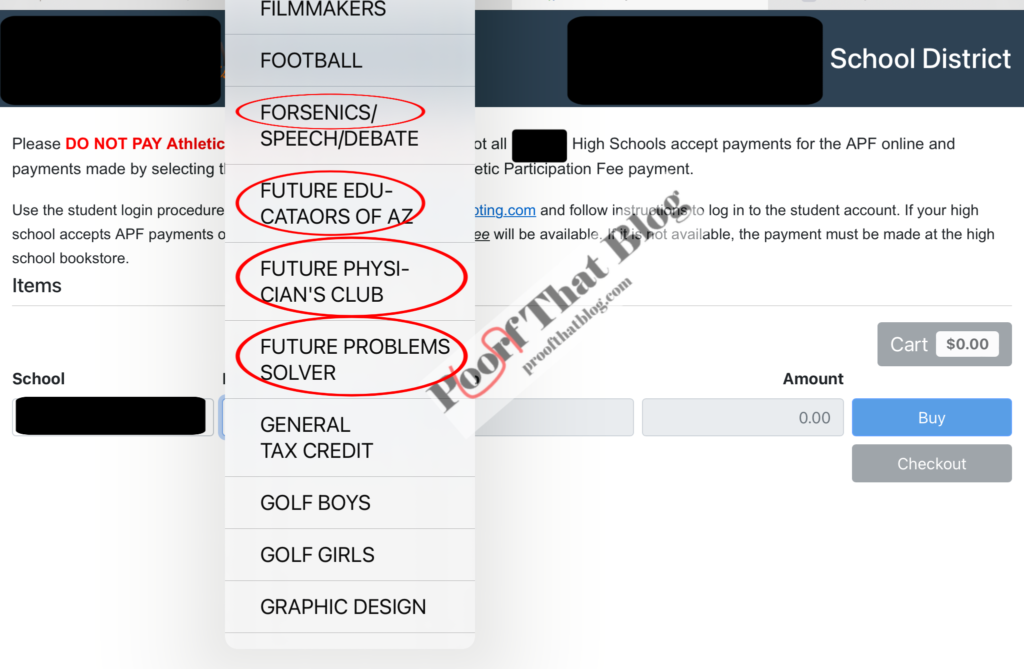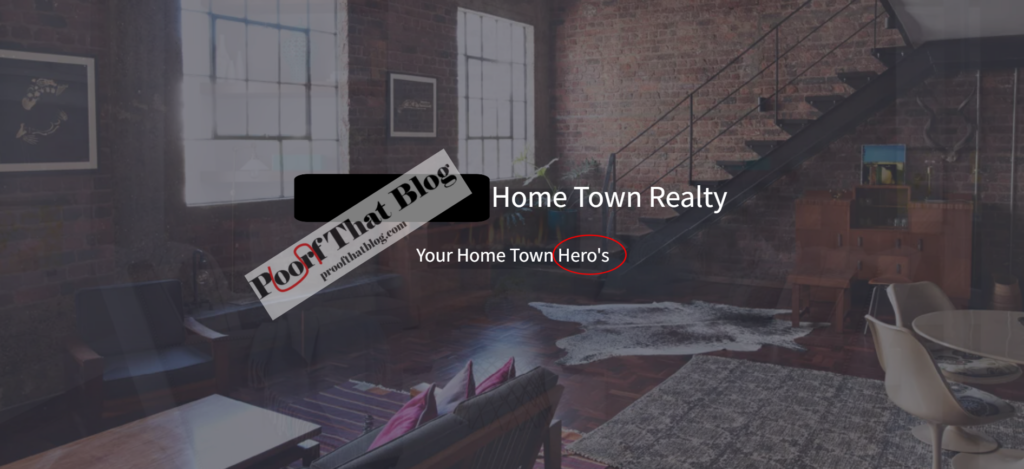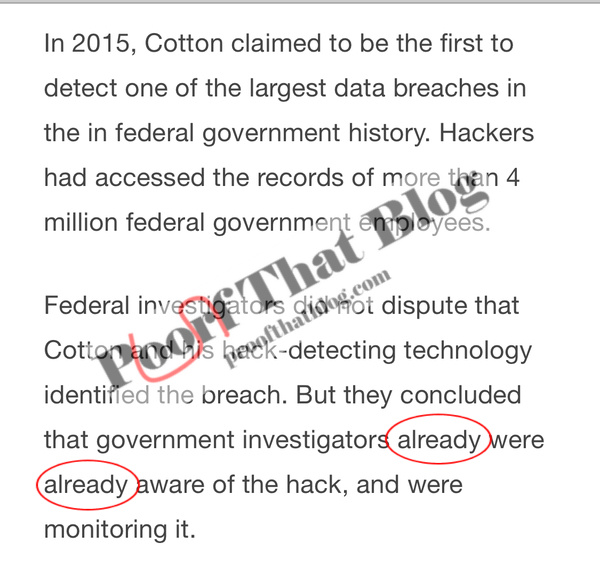I will be the first to admit that I am not great at geography, however, if I was the one in charge of putting together a graphic for something that potentially millions of people would see, I would do some research to confirm my facts. My daughter, who lives in New Mexico and grew up in Arizona, sent me this one. Arizona is the state with the squiggly line between it and California (otherwise known as the Colorado River) and New Mexico is more the square state with the tail. The shape of New Mexico is indeed correct, but their labeling is wrong because the state they are highlighting is New Mexico NOT Arizona, although I am sure they do, indeed, intend to highlight Arizona.



 Follow
Follow








